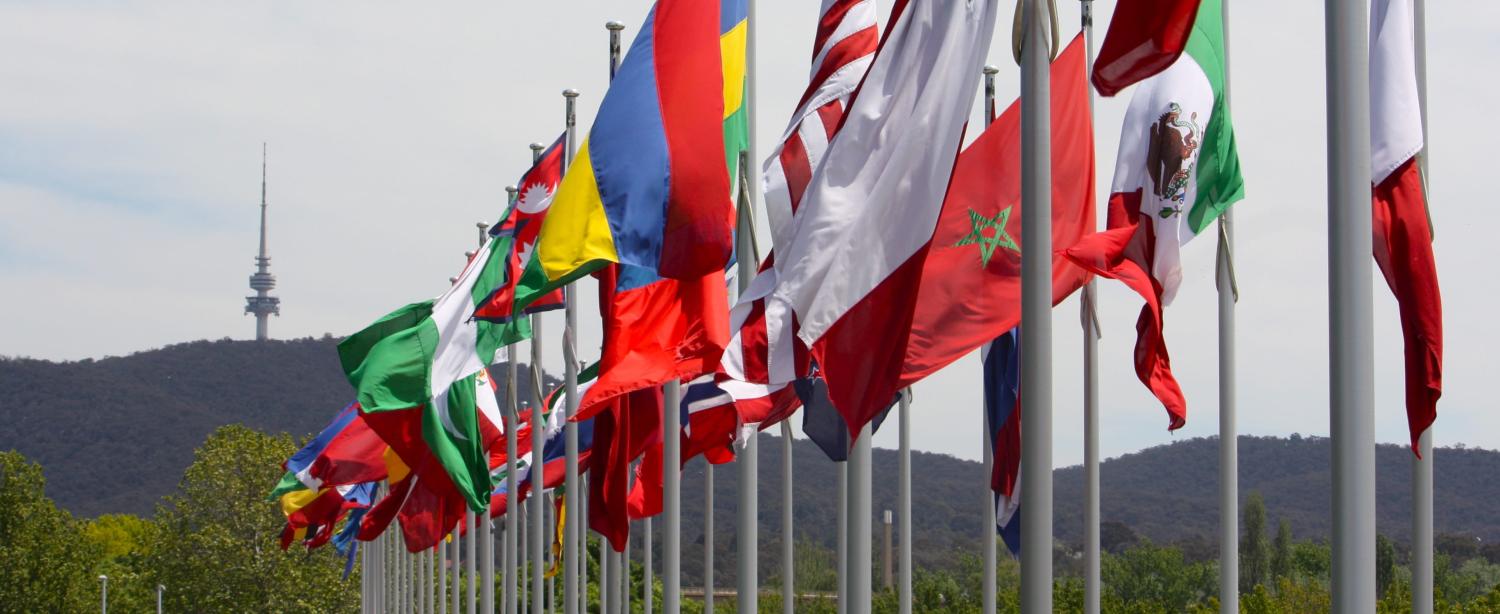The Turnbull government promised a Foreign Policy White Paper - the first in 14 years - and spent most of the year consulting and drafting. Michael Fullilove:
The world is changing so fast it is sometimes hard to keep up. This makes the writing of a white paper very hard. But it also makes it very important.
Ruth Adler called for clear goals.
The task of presenting Australia as a diverse, sophisticated and innovative nation goes beyond initiatives such as fashion diplomacy or promoting sporting prowess, which perhaps reinforce traditional stereotypes of Australia.
And Damien Spry described just how much the world has changed since 2003, when the last white paper was released:
There was no Facebook, Youtube, Instagram, Sina Weibo, or Snapchat; no Wikipedia or Wikileaks; no selfies or hashtags.
Geoff Miller wrote on the regional challenge for Australia.
For years after the end of World War II we had a significant technological advantage over our neighbours, but they have caught up.
China was a special focus. Hugh White called for the White Paper to address Asia's power shift.
We need some new language if the White Paper is to be credible … it could at least describe and explain what’s happening in our region clearly enough to launch the national debate we need about how to respond.
That’s a tough drafting job, so White came up with a suggestion for the wording:
There is no doubt that the countries of Asia can peacefully create a new order that reflects the new distribution of power and satisfies the most vital interests of all of them. But that can only happen if all sides are willing to compromise.
So when the White Paper was finally released in November, how much compromise was evident? Not much in Prime Minister Malcolm Turnbull’s speech to launch the paper. Sam Roggeveen:
Turnbull had strong language for China about its behaviour in the South China Sea, and said Australia would defend itself against interference and coercion in our domestic affairs and democratic processes.
Nor did the White Paper accept there are changes underway beyond Australia’s control. Merriden Varrall:
China argues and largely believes that it is a responsible actor. We may not agree, but every time we criticise China for it, we alienate Beijing further.
And foreign aid was the loser (again). Annmaree O’Keefe:
Diminished and marginalised sums up the way Australia's development assistance program is treated in the Foreign Policy White Paper.
And Sarah Boyd lamented an opportunity missed for a feminist foreign policy.
Gender equality is not only an obligation but a prerequisite for achieving foreign policy goals.
And for me, now the White Paper is done, the next step is clear.
Australia has spent a long time arguing over the shape of the future. It’s past time to stop talking and actually get something done.
You can read more from two debate threads on the topic of the White Paper, here in the lead up, and here on the reactions.
